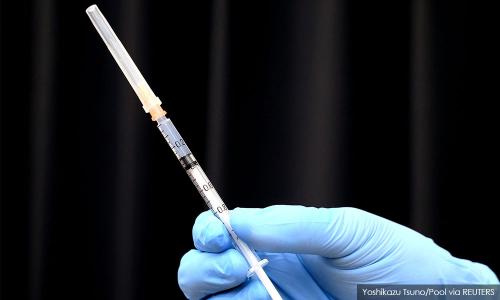LETTER | Time to delay that second dose
LETTER | For the past week, Malaysia has recorded an average of 51 Covid-19 deaths per day. If this isn’t a call for a change of strategy, I don’t know what is.
For the past two weeks, a lot of netizens have been calling for a “full lockdown”, like MCO 1.0. In view of a fear of the collapse of the economy, the government could not afford to do it. So, the government announced “stricter” SOPs, such as shortening business hours (up till 8pm), reverting to online distance learning, etc. The Ministry of Health has advised the public to “self-lockdown” to combat the rising cases and deaths of Covid-19.
Have lockdowns been scientifically proven to prevent Covid-19 deaths? Why is everyone under the impression that a “full lockdown” is the magic wand that will reduce our Covid-19 deaths?
According to E Bendavid et al, “there is no evidence that more restrictive nonpharmaceutical interventions (‘lock- downs’) contributed substantially to bending the curve of new cases in England, France, Germany, Iran, Italy, the Netherlands, Spain or the United States in early 2020'.
At best, it slows down the spread of the virus. However, as seen in MCO 2.0, without aggressive testing, has led us to where we are now - MCO 3.0.
Do you know what has been scientifically proven to prevent 100 percent of Covid-19 deaths? Vaccines. Well, that’s what Pfizer reports. Vaccine breakthrough cases are expected, but to date, no unexpected patterns have been identified and occur only in a small percentage of vaccinated people. So why aren’t we pushing for faster vaccine distribution in Malaysia instead of a “full lockdown”?
The main concern is the low and slow vaccine supply. However, that can be dealt with. According to Dr Robert Wachter, from the University of California's Department of Medicine: "You'll save far, far more lives - in the order of tens of thousands more lives - giving those extra vaccine doses to people for their first shot, getting them from zero to 85 per cent protected, than using that same capacity (for) giving people their second shot and getting them from 85 to 95 (per cent efficacy).”
Since we’re getting more vaccines in the coming months, I don’t see why this can’t be implemented here. A recent study has also suggested that a delayed second dose vaccination strategy could reduce cumulative mortality.
Back in January 2021, Britain took the bold risk to delay the second dose of the vaccine by up to 12 weeks to get as many people as possible to receive their first dose. Up till May 17, almost 36 million people in Britain had their first dose and 20 million had their second dose. Did the risk pay off? It sure did. Their Covid-19 cases and deaths had been dropping and restrictions have been eased. Indoor dining has returned and cinemas, museums and sports venues have reopened.
Other countries, like Denmark, Norway, the US, France, and Canada have followed in Britain’s footsteps in delaying the second dose. Now, our neighbour, Singapore, has also decided to take this step. “Instead of having a good number of people getting maximum protection, we make sure the maximum number of people get good protection,” stated Ong Ye Kung, the Singaporean health minister.
Dr Gregory Poland, a virologist and the director of the Mayo Clinic’s Vaccine Research Group, said something similar: “In the midst of a world on fire, you put out as many fires as you can, as quickly as you can.”
Malaysia is burning. With a drastic surge in Covid-19 cases and deaths in recent weeks, we are catching fire. The data and evidence are there. Other countries are practising this. This is plausible.
The views expressed here are those of the author/contributor and do not necessarily represent the views of Malaysiakini.
RM12.50 / month
- Unlimited access to award-winning journalism
- Comment and share your opinions on all our articles
- Gift interesting stories to your friends
- Tax deductable
